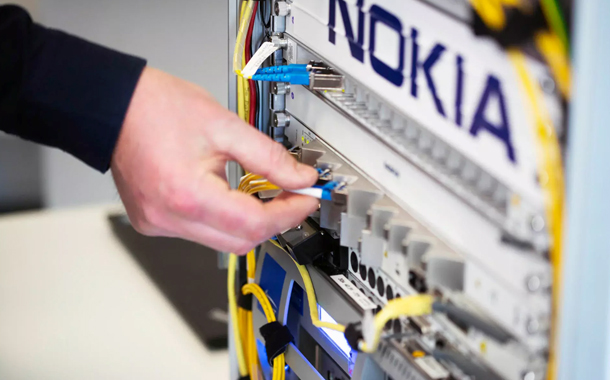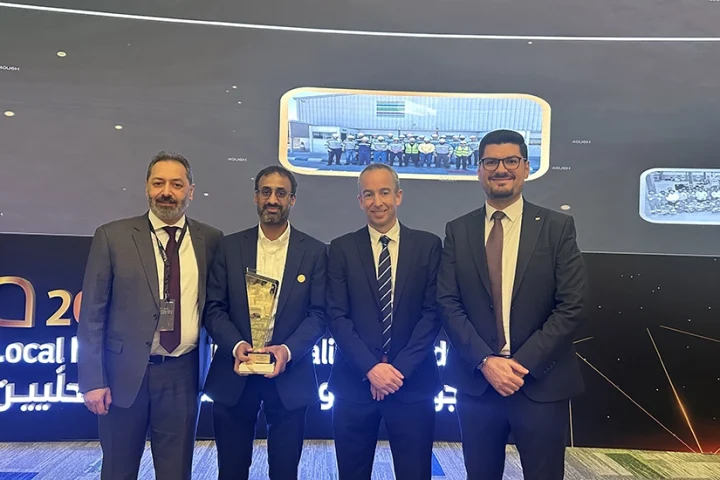Big Data and data analytics technologies transform the information into insights. They provide immense value for big organisations such as telecom companies and large enterprises. Big Data captures, analyses and helps in monetisation of huge volume of information and interaction data across multiple touch points in real time.
One of the clear beneficiaries of Big Data and analytics are the telecom service providers. In the past, the data was comprised of mainly call data records, then with the proliferation of Internet, we saw a surge in event data records. Now we have a deluge of social media feeds and with the advent of Internet of Things, data volumes are expected to grow exponentially.
Data assumes importance due to its nature and requires advanced processing capabilities as traditional application software cannot process this. The differentiation or key characteristics of Big Data include following five V’s:
Volume
The name Big Data itself is related to the size, which is enormous.
Variety
The heterogenous sources and huge diversity of data type under the major category of structured and unstructured data.
Velocity
The speed of generation of data and access to it.
Veracity
The quality of data.
Value
Relevance of data.
Telcom service providers have access to unprecedented amounts of data including consumer profiles, device data, network data, usage patterns, location data, apps downloaded. Telecom operators today are among the world’s biggest aggregators of consumer data, and the volume of data will only continue to grow in the times to come.
In their Big Data journey, the following are some of the key points that telecom operators must keep in mind:
Veracity
How to validate and ensure that accurate data is being aggregated. A data refinery solution, is helping service providers validate the incoming data and helping eliminate errors, duplication. Data refinery can take data inputs from varied sources including mobile networks, IMS, fixed networks, IP, broadband, cable, cloud.
It offers always-on, context aware data intelligence and is cloud ready with web-scale automation. More than 100 telecom service providers are using this solution and nearly 20% of world mobile data is passing through this system.
Insights
It is very easy to get lost in data deluge. However, with advanced artificial intelligence and machine learning algorithms, service providers can create meaningful insights to derive the maximum benefit from Big Data. In addition to being meaningful, it is equally important that the insights are available real-time.
Triggers
The icing on the cake is real-time actions on agile insights. Machine learning based advanced analytics engine helps in real-time decisioning and includes automated or human initiated action triggers. In addition, it also provides next best recommendations and predictions to reduce churn and improve Net Promoter Score.
Many people say big data is better data, or data is the new oil, and so on and so forth. Big Data is the new soil. If nurtured properly with right tool sets and solutions, Big Data can yield benefits across industries.
- Key takeaways
- Telcom service providers have access to unprecedented amounts of data.
- Telecom operators are among the world’s biggest aggregators of consumer data.
- In addition to being meaningful, it is important that insights are available real-time.
- The icing on the cake is real-time actions on agile insights.
- Machine learning based advanced analytics helps in real-time decisioning.
Telecom service providers are the biggest aggregators of consumers data that is only growing and needs to be managed, explains Henrique Vale at Nokia.






















